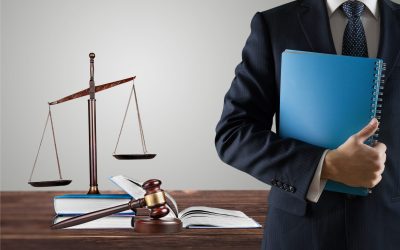There are two ways for clients to improve their chances of a good outcome when facing DWI charges. One approach is proactive, where the defendant addresses the reasons for the charge. The other method is reactive, where one fights the charges and pleads innocence. Regardless of one’s culpability, they should browse our website to Consult DWI Attorneys in Morgantown, WV for help fighting charges and minimizing punishment.
What Can a Person Do If They Are Guilty?
If one is guilty of DWI, they should own up to it. Voluntary counseling or attendance of AA meetings shows sincerity and a willingness to change. However, one should consult a local DWI attorney as prosecutors may prefer certain rehabilitative programs. Some areas offer special classes, while others offer different programs; however, they all require a high level of commitment.
Losing Driving Privileges
If a person loses their license because of a DWI or a refusal to submit to a breath analysis, they shouldn’t drive without an occupational or hardship license. Those caught driving on a suspended license will likely be seen as poor candidates for probation. It’s important not to drink while the case is pending, as additional charges will make a plea bargain more difficult. A person who can prove that they’ve changed their ways can possibly get a reduced, adjusted or appealed license suspension.
The Cost of DWI
Most DWI convictions come with administrative fees, fines, court costs and attorney’s fees. A defendant may be able to get a shorter probation term if they can pay their court costs and fines immediately. The shorter term saves the defendant money, because they’re not paying fees each month.
If Guilt Is Doubtful
If a person is facing charges and they’re innocent, they should hire an attorney early on. For instance, if the on-scene officer asked the person to take field sobriety tests, there’s likely a video of the results. Some agencies only retain videos for 90 days or less, unless otherwise requested. DWI attorneys in Morgantown, WV can request the video so the jury sees the results, rather than being forced to rely on the officer’s testimony.







